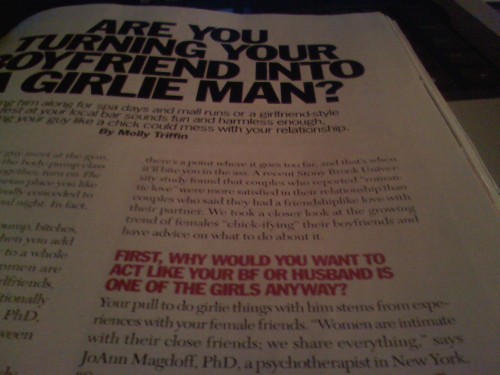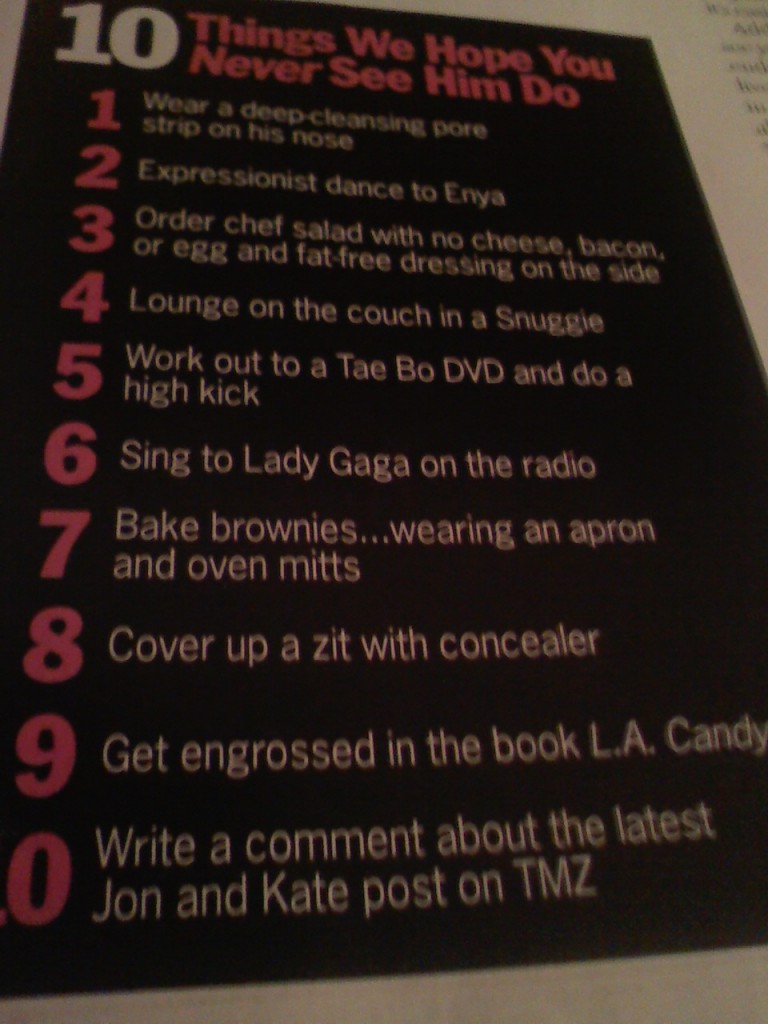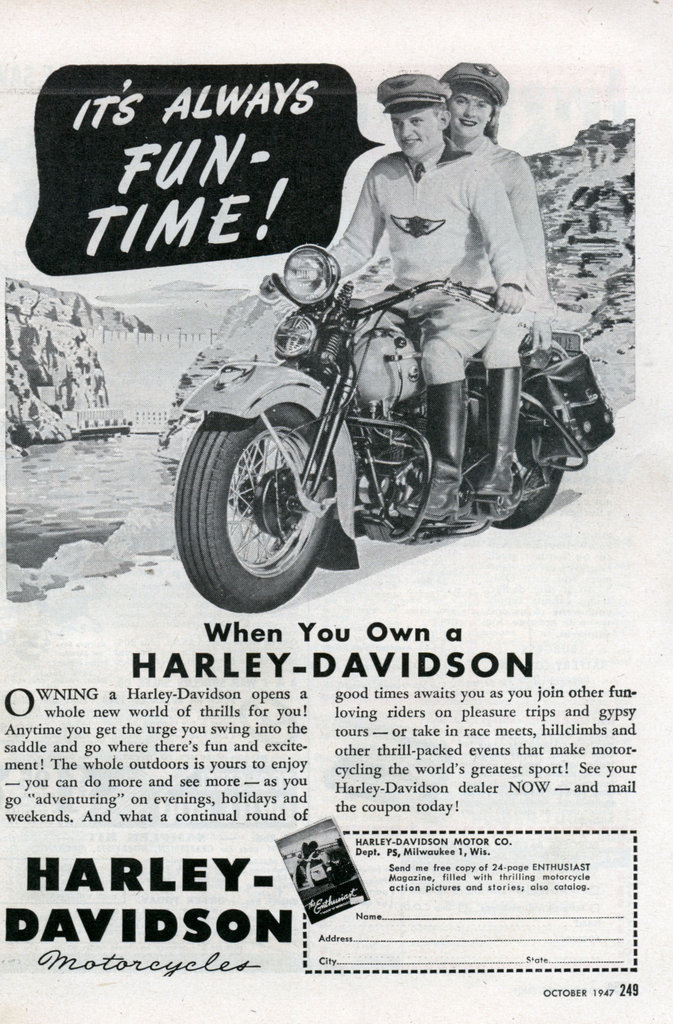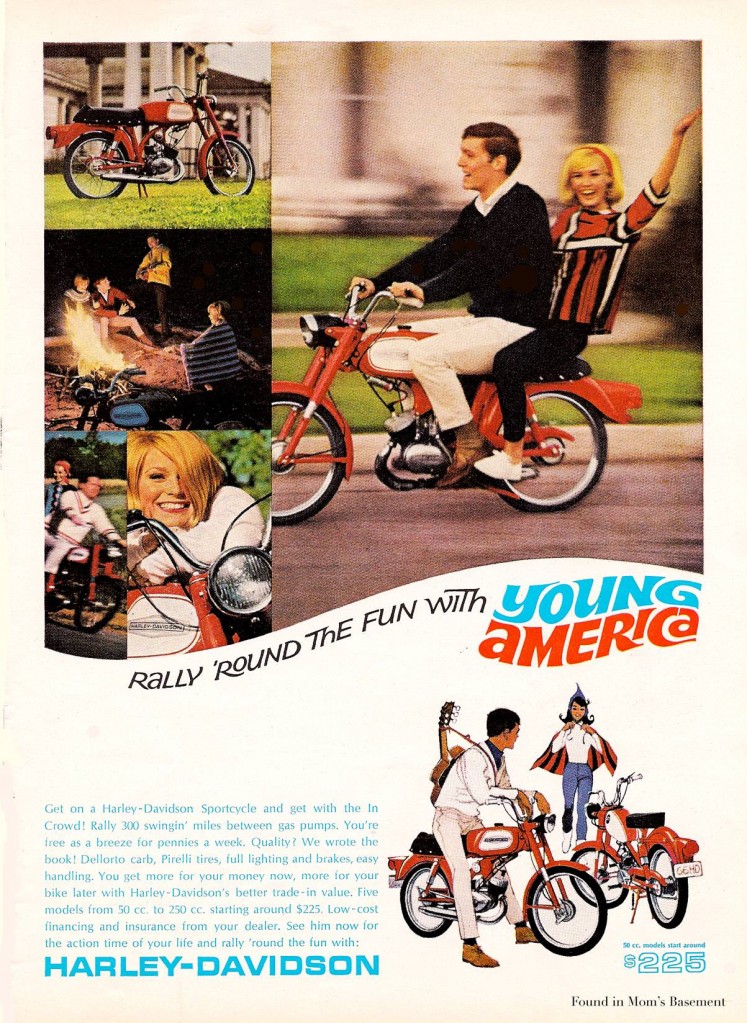Fun Fact #1: Female figure skaters are required to wear skirts and men must wear “full-length trousers: no tights.”
Note: This isn’t true anymore; “this rule was repealed in 2004, allowing women to wear tights, trousers, or unitards” (http://www.frogsonice.com/skateweb/faq/rules.shtml)
Sonja Henie, of Norway, is credited with introducing the short skirt to women’s figure skating. She won gold medals in 1928, ’32, and ’36:
According to Abigail Feder, in her article ” ‘A Radiant Smile from the Lovely Lady’: Overdetermined Femininity in ‘Ladies’ Figure Skating”, the International Skating Union (ISU) introduced a rule requiring that women wear skirts after they were scandalized by Debi Thomas’ unitard at the 1988 Olympics:
 (source)
(source)
An NPR slide show explains:
Today, according to the ISU, figure skating’s governing body, “Ladies must wear a skirt. The Ladies dress must not give the effect of excessive nudity inappropriate for an athletic sport. Men must wear full-length trousers: no tights are allowed and the man’s costume may not be sleeveless.”
So, just to be clear, the performance of femininity and masculinity, as defined by the ISU, is required if one is to be a competitive figure skater… all skills aside.
—————————–
Fun Fact #2: People used to make their costumes by hand; today they are high fashion.
The 1976 Olympics were the last in which figure skating costumes were mostly handmade. Here Dorothy Hamill competes in a costume her mother made for $75:
Today, costumes frequently cost thousands of dollars. Michelle Kwan and Nancy Kerrigan both competed in Vera Wang (who, in 2009, was inducted in the U.S. Figure Skating Hall of Fame for her designs). Kerrigan:
Lisa Wade, PhD is an Associate Professor at Tulane University. She is the author of American Hookup, a book about college sexual culture; a textbook about gender; and a forthcoming introductory text: Terrible Magnificent Sociology. You can follow her on Twitter and Instagram.





















